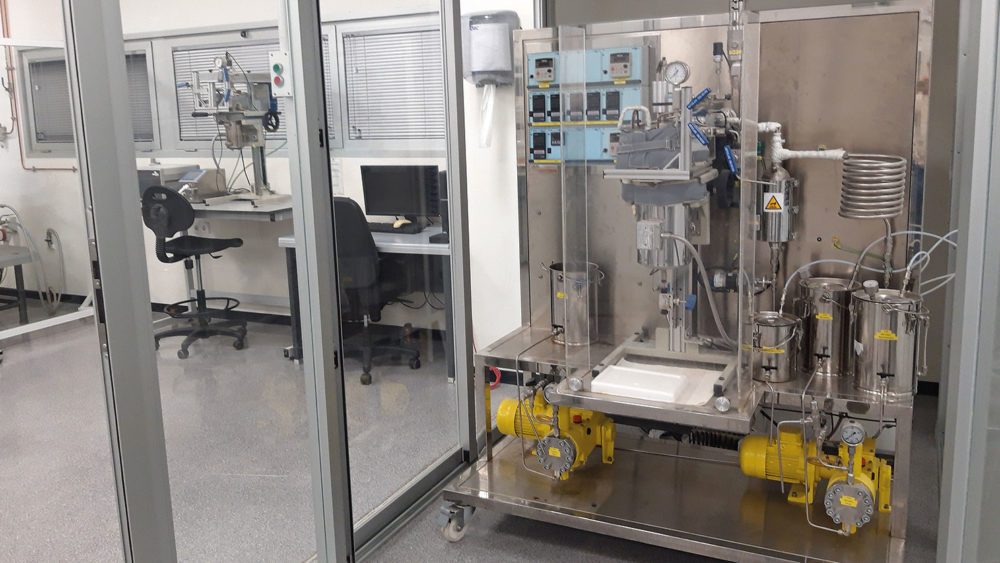Would you use an eco-efficient biodiesel from waste coming from the tannery industry? In Europe, 17 million tons of animal by-products are managed (SANDACH). They produce 2’85 million of animal fats a part of which are fated to disposal in landfills or incineration. This means a problem for both, the climate and the environment since they can contain harmful substances. Therefore, the SANDACH plants require tuning up alternatives to minimise, valorise and/or reduce the impact of their elimination. A promising viable alternative is the transforming of animal fat into biodiesel, as well as the discard protein fraction into biostimulants, that would contribute both, to fight climate change and to achieve the 2030 European objectives.
The Life Superbiodiesel project, whose Kick-off meeting was held last July, 3rd, 2020 will demonstrate at pilot plant scale the production of animal-waste derived biofuels using methanol at supercritical conditions with a heterogeneous catalytic technology, as well as the production of free amino acids based biostimulants by a resource-efficient enzymatic process. Environmental and economic advantages have been determined on regard the traditional transesterification process.
According to the estimations made, the results of this project would be able to:
- Produce high-added value biodiesel from animal fat
- Implement a simplified production process that avoid costly pre-treatment and post-treatments steps
- Reduce at least 96% of water consumption, using the developed enzymatic process with respect to conventional process for recovery free amino acids from the discard protein fraction of the animal waste and validate them as bioestimulants
- Improve the viscosity of the produced biofuel, the cold flow and combustion properties
- Increase the biofuel yield up to 10% when the most severe conditions are used and glycerol is incorporated to the unique homogeneous phase
- Validation of the new biofuel fulfilling the request of the EC Annex IX (B) of RED II, the Directive (EU) 2018/2001 of the European Parliament of the Council of 11 December 2018
- Growth the available volume for processing in bio-diesel production plants. Potential drop-in prices of feedstock, bigger profitability of production plants & increase of their business
- A potential 80% reduction of the carbon footprint of conventional diesels and 35% reduction regarding 1st generation biodiesels, according to an initial estimation.
To achieve the foreseen aim, the project will determine the process to separate the fats from the proteins, will ensure the raw material quality standards for their application in the process and will design, construct and optimise a pilot plant to process 5 tons per year. The resultant products will be characterised and validated, the replicability and transferability of the process corroborated, and the outputs exploited and commercialised.







Comments are closed.